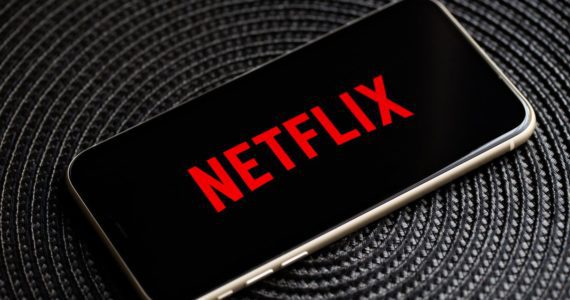Netflix Raises Subscription Fees
To counter increased competition in the streaming service industry, Netflix has upped their prices to allow for more vigorous spending on original content along with a decision to finance debts to combat streaming threats. The rate changes range from 13% to 18%. Netflix’s most basic plan, allowing a single stream in standard definition, will increase from $8 to $9 a month. The most popular plan, allowing for 2 screens to stream at once, will cost $13 instead of $11. Finally, the premium plan will cost $16, up from $14. The changes are to be effective immediately for new subscribers and increased gradually over the next 3 months for existing subscribers. While customers in Latin America and the Caribbean will experience an increased rate, large international markets like Brazil and Mexico will not experience any changes. Previous rate changes have tended to have little to no effect on subscriber numbers. However, this is the largest increase in streaming services initiated by the company since its initial launch 12 years ago. The action has certainly benefited the company’s stock, up more than 6% on Tuesday.
Facebook Invests $300M in Local News
Over the next 3 years, Facebook will invest $300M in “news programs, partnerships, and content.” These actions could potentially be retribution efforts as the digital revolution accelerated the decline of print newspapers—snatching billions in advertising and audience attention. But why focus on local news specifically? When investigating what kind of news Facebook users want to see, head of global news partnerships, Campbell Brown (former anchor at CNN), states, “we heard one consistent answer: people want more local news, and local newsrooms are looking for more support.” The funds will have two wide focuses—supporting journalists and newsrooms gathering material and helping these entities create tenable business models. Some of the investment will go directly to nonprofit organizations like the Pulitzer Center and Report for America and will help to increase paying subscribers on news websites. “We don’t want publishers to be dependent on us, but we do want to support them,” said Brown.
(Source: CNN, TechCrunch)
 Avastars Hit the Jackpot
Avastars Hit the Jackpot
Meet Lil Miquela, one of the world’s biggest “avastars.” With an Instagram profile of approximately 1.5M followers, Lil Miquela has enabled the company that owns her to be worth $125M+. Although she may not be real, her attention and fans are. The company that created Lil Miquela is currently completing a funding round of $20-30M to continue advancing her along with other synthetic stars. So what does this mean for the future of synthetic celebrities? Investors are certainly interested, understanding their potential extends far past the characters alone. New York-based investment firm Betaworks has recently invested in Superplastic, a toy company converted into a digital agency for synthetic celebrities. The company is interested in how the new technology could transform social media and entertainment as we know it. Unlike humans who grow and age, synthetic celebrities can be handcrafted and essentially live forever as virtual IPs are extended.
(Source: The Hustle)









